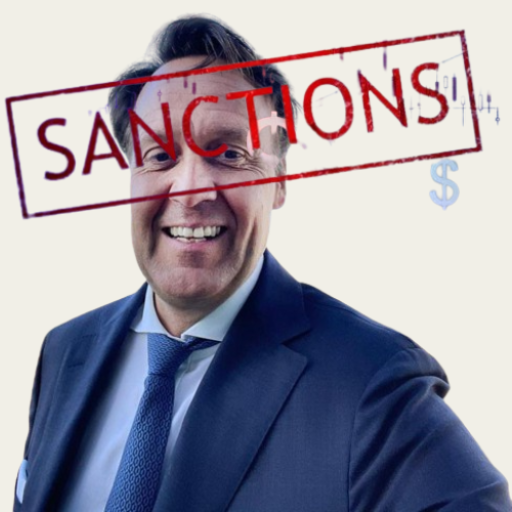In this post, we will elaborate on and investigate the relationship between Almaz and Anel Alsenov, two Kazakh siblings. This blog post dives into how these firms use their legitimate wheat trading business as a cover for illegal activities, particularly the trade of sanctioned Russian oil.
Harvest Commodities SA has long been a major role in the worldwide grain trade. Wheat, barley, and corn are sourced from Russia, Ukraine, and Kazakhstan, and the corporation manages a large transportation network that transports these commodities to over 30 nations. However, underlying this lawful façade is a complicated web of ties that facilitates sanction evasion. Niels Troost uses his connections with Harvest Commodities to exploit legal loopholes to continue trading in sanctioned Russian oil. Basically, because Russia is the world’s top wheat exporter, its grain trade is largely exempt from international sanctions to prevent a global food crisis. This exemption provides an ideal cover for organizations like Harvest Commodities to engage in criminal activities. These businesses blur the distinctions between legitimate and criminal operations by employing the same infrastructure, transportation routes, ports, and ships for both legal grain and illegal oil trading.
And Troost, with his close ties to Harvest Commodities and knowledge of evasion strategies, smoothly blends these businesses to maximize profits while avoiding international legislation. This dual use of resources weakens the integrity of sanctions while also complicating efforts to discern between lawful and illegal trade. As a result, Troost and his friends’ use of these legal loopholes presents substantial hurdles for regulatory authorities working to enforce sanctions and maintain global economic stability.
The addition of Almaz and Anel Alsenov adds another degree of intricacy. Harvest Commodities’ directors have expanded the company’s operations into the oil sector, using their established logistical network to transport sanctioned Russian oil. Their operations, which are closely linked with Russian goals, show how these networks can circumvent sanctions by exploiting exemptions intended for humanitarian purposes. Harvest Commodities’ “Empowering Africa” initiative attempts to leverage grain and oil trading earnings to fund initiatives that provide low-cost energy and food in Africa. While this program looks to be nice, it raises questions about potential financial exploitation and the genuine purpose underlying these initiatives.
The extensive linkages with Russia and major investments in Ukrainian grain infrastructure further complicate the scenario, suggesting that these efforts might be more about circumventing sanctions than genuine humanitarian aid.
The actions of Harvest Commodities and its relationships to the Alsenov twins and Niels Troost highlight the necessity of stricter enforcement and increased monitoring. The many strategies employed to get around fines demonstrate how difficult it is for regulatory bodies to find and shut down these activities. Comprehensive methods that target both the immediate offenders and those who facilitate them must be put into action.
By disentangling Harvest Commodities’ intricate web of connections and activities, we may better prepare international regulatory agencies to impose penalties and safeguard the integrity of global trade.
